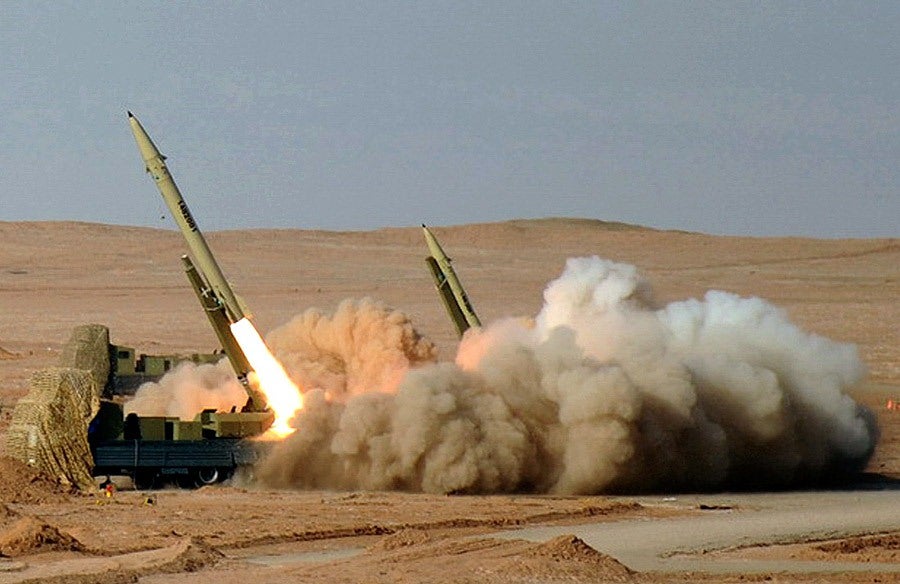Iranian And North Korean Missiles Used Against Ukraine
The war in Ukraine has reshaped the situation in Europe and the World at large. It has also seen the formation of a solid front against US influence. Russia has partnered with authoritarian states, Iran and North Korea, in an effort to procure enough missiles for its operations in Ukraine. Russia is leveraging long-term geopolitical anti-American alignments, calling on states hostile to the United States.
North Korea and Iran have been constantly supplying Russia with ammunition, military equipment, and ballistic missiles. According to a recent report by Reuters, the Iranian government has already provided 400 short-range ballistic missiles (SRBMs) of the Fateh-110 family since January 2024. An Iranian official told Reuters that “there is no reason to hide it. We are allowed to export weapons to any country that we wish to.”
Teheran remains in close ties with Russia, providing it with other combat assets such as the infamous Shahed kamikaze drones. Since the outbreak of the Syrian civil war in 2011, Iran and Russia have become the Syrian government’s principal allies in the conflict, posing against US influence in the Middle East. Thus, it is not a surprise that the Iranians seek the possibilities of striking in the American interests outside their region.
In January 2024, the NSC Coordinator for Strategic Communications John Kirby stated that the US has detected multiple launches of North Korean missiles by the Russian Armed Forces against targets located in Ukraine. Kirby said:
“These North Korean ballistic missiles are capable of ranges of approximately 900 kilometers. That’s about 550 miles. This is a significant and concerning escalation in the DPRK’s support for Russia. Now, in return for its support, we assess that Pyongyang is seeking military assistance from Russia, including fighter aircraft, surface-to-air missiles, armored vehicles, ballistic missile production equipment or materials, and other advanced technologies.”
The deliveries of SRBMs by contemporary Russian allies are worrisome from a global perspective, with little indication of the procurement costs involved. In the short term, Russia regains the capabilie of striking Ukrainian infrastructure, but in the long term, this partnership may lead to greater industrial integration between the Russia and its suppliers, meaning Iran and North Korea may gain access to modern missile and aeronautic technologies.

